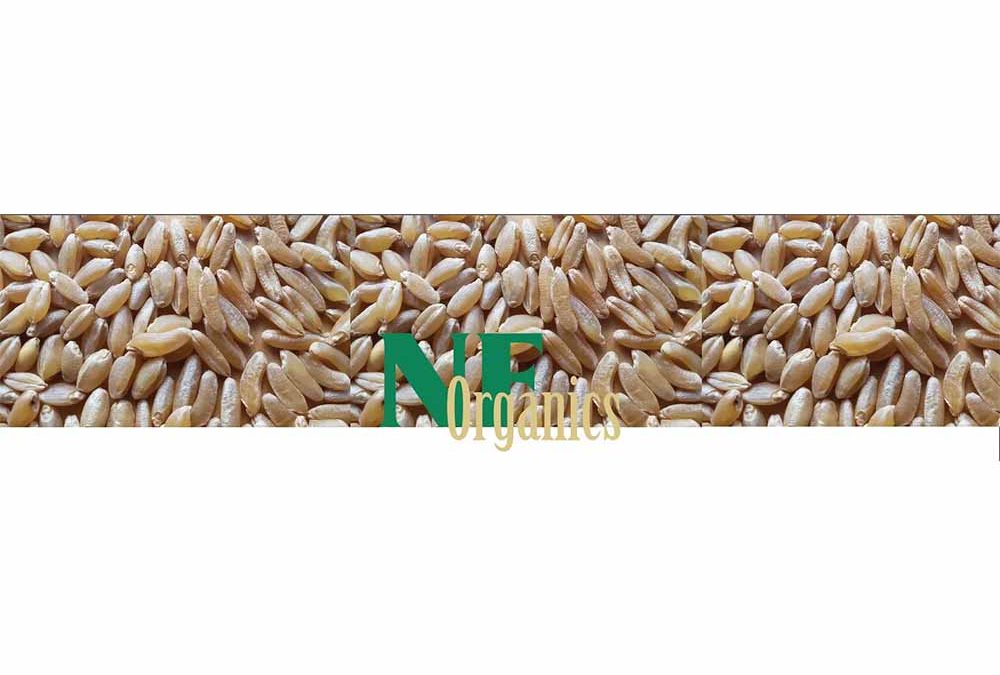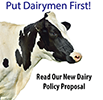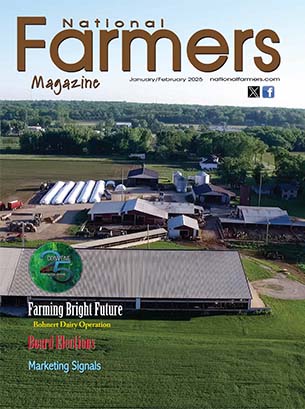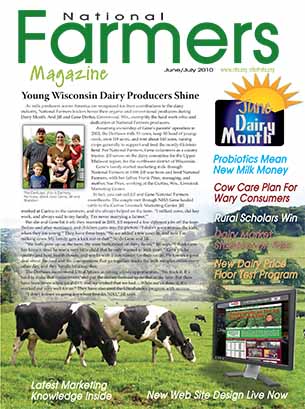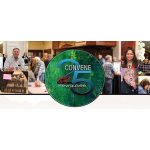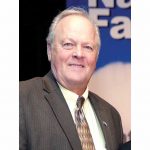Food Webs Provide Additional Marketing Opportunities
By Denice Rackley
Mike Schulist, National Farmers Organization organic grain field representative, believes food webs will provide additional marketing opportunities for National Farmers members. That’s why he attended the inaugural meeting of the Southeast Iowa Regional Community Food Web in late spring.
“A community food web is the entire food-related ecosystem and infrastructure needed to grow, process, and distribute food,” Schulist said.
The potential of food and agriculture to drive community and economic development was front and center at the Fairfield meeting where 60 people attended.
Fairfield resident Bob Ferguson, business consultant and entrepreneur, believes a regional food web system inherently cares about providing nutritious food for neighbors and everyone in the community benefits. “Relationships are the driving force within these regional systems and prosperity results as a function of these connections,” Ferguson said.
Multiple Benefits From Regional Food Systems
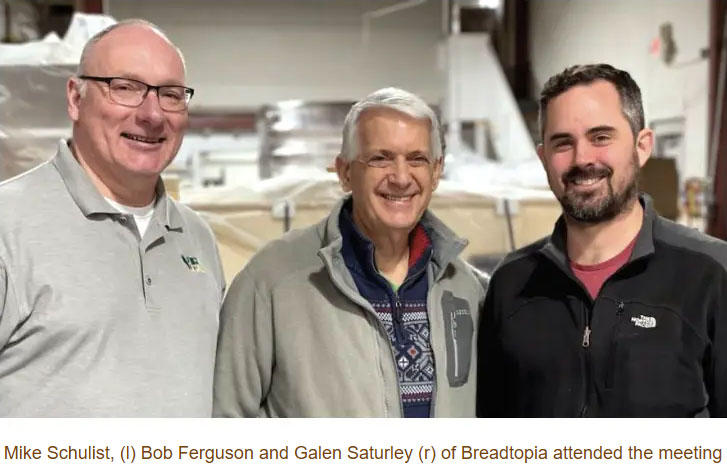
Returning to a regional food system builds on a particular area’s assets, utilizing what exists and filling in the gaps, which has positive impacts beyond food security, noted Ferguson.
“When we start building the infrastructure of the middle, efficiently stitching together our assets, we will build resilient communities and support economic diversity and prosperity – all due to emphasizing relationship-based regional community food webs,” Ferguson said.
Rather than pitting town against town and competing for prosperity, taking a regional approach to development, towns and individuals are encouraged to think broader. Identifying those strengths within communities and locating businesses where they will be the most viable brings prosperity to the entire area and is the foundation of regional food systems.
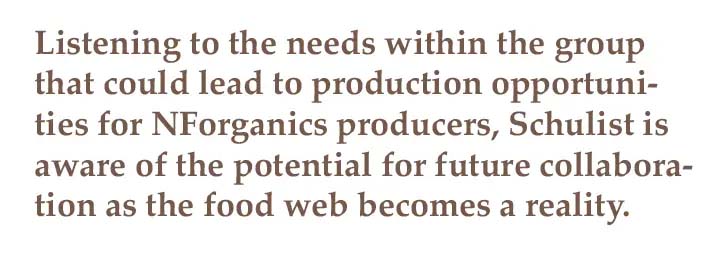
Collaboration Hallmark of Regional Food Systems
Thinking regionally about food allows for collaborative solutions and enhances the integration of food and agriculture throughout the extended community, notes Tera Johnson, founder of the Food Finance Institute, who facilitated group discussion during the meeting.
Johnson considers food and ag as drivers of economic development. After all – local food enhances health, brings people together, shares cultures, can add to environmental health, and builds wealth by keeping dollars within communities.
The community food web meeting brought together individuals with a wide variety of experiences and interests – agriculture producers, food processors, financial and marketing experts, transportation and distribution folks, business owners and incubators, grocery store representatives, existing food pantry staff and others.
Discussing the importance of local food within communities and identifying the assets and hindrances to creating a viable food web within the community, the group of 60 individuals randomly divided into brainstorming groups and then came together to share their discussions.
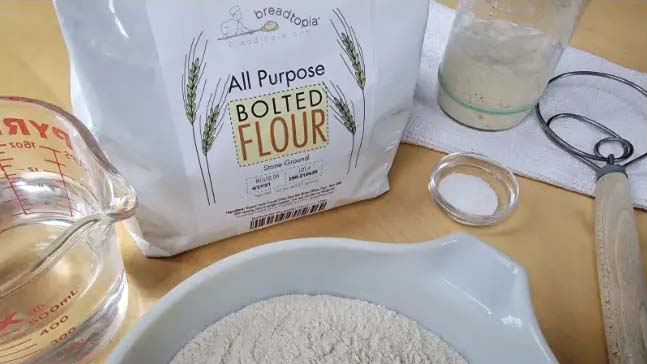
Analyzing Assets, Filling In Gaps
The group identified numerous regional assets including southeast Iowa’s commitment to its farmers and agribusinesses, university and research support for agriculture, great soils, adequate moisture, and multiple transportation options. Many entrepreneurial business people and opportunities, supportive grocery stores, and passionate advocates for agriculture also were listed as positives in the nine-county region. The potential gaps identified include labor and the lack of existing processing and packaging facilities and cold storage.
Adding his marketing expertise to the discussion, Schulist actively shared his experience and contacts for organic grain production and cleaning. Listening to the needs within the group that could lead to production opportunities for NForganics producers, Schulist is aware of the potential for future collaboration as the food web becomes a reality.
“Both conventional and organic grain farmers are always looking to diversify their crop rotations,” Schulist said. It is very possible this group could identical potential crops that would serve both the needs of individuals within the food web and NForganics producers.
Growing shorter season crops, perhaps even vegetables, is one possibility. “Quicker-maturing crops would enable farmers to break up the typical Iowa corn – soybean rotation and utilize more cover crops gaining fertility benefits, preventing erosion and increasing soil health,” Schulist noted.

